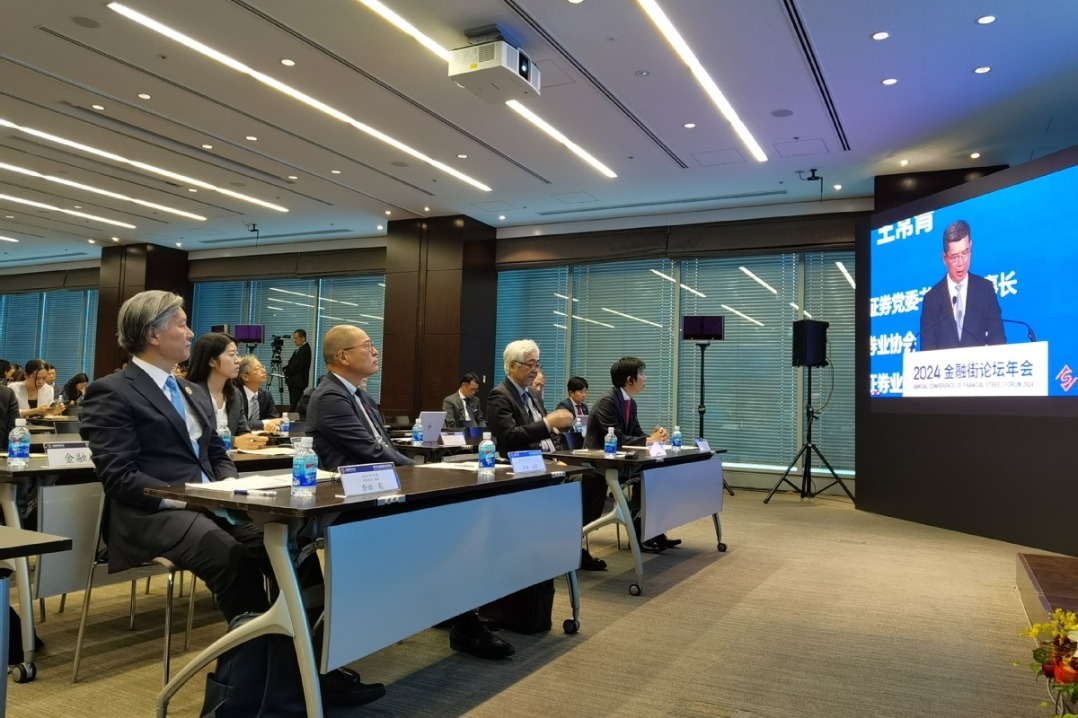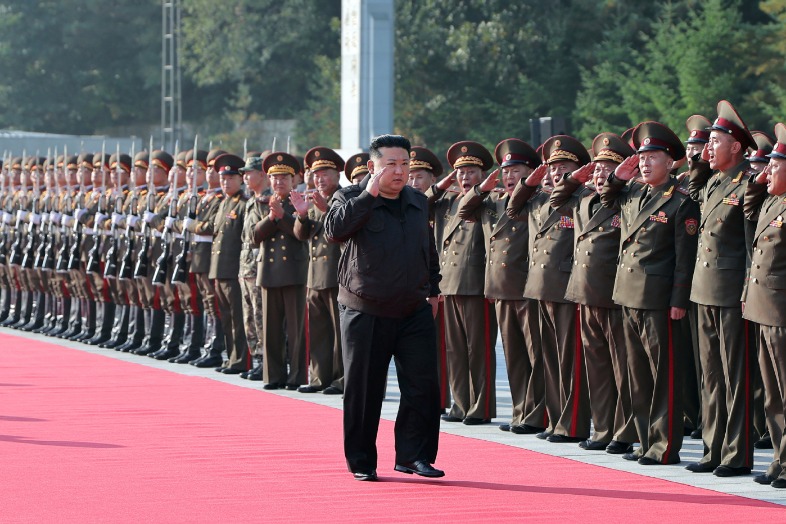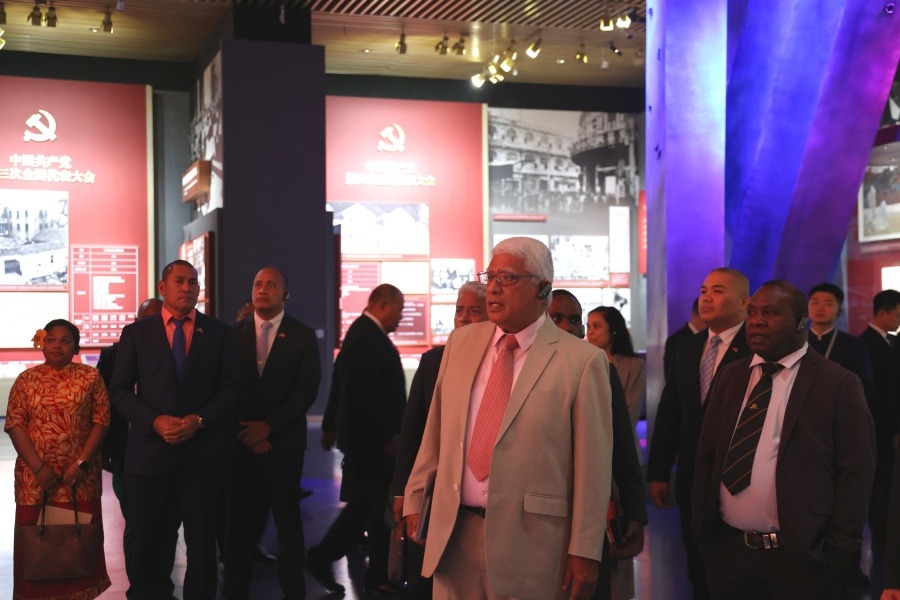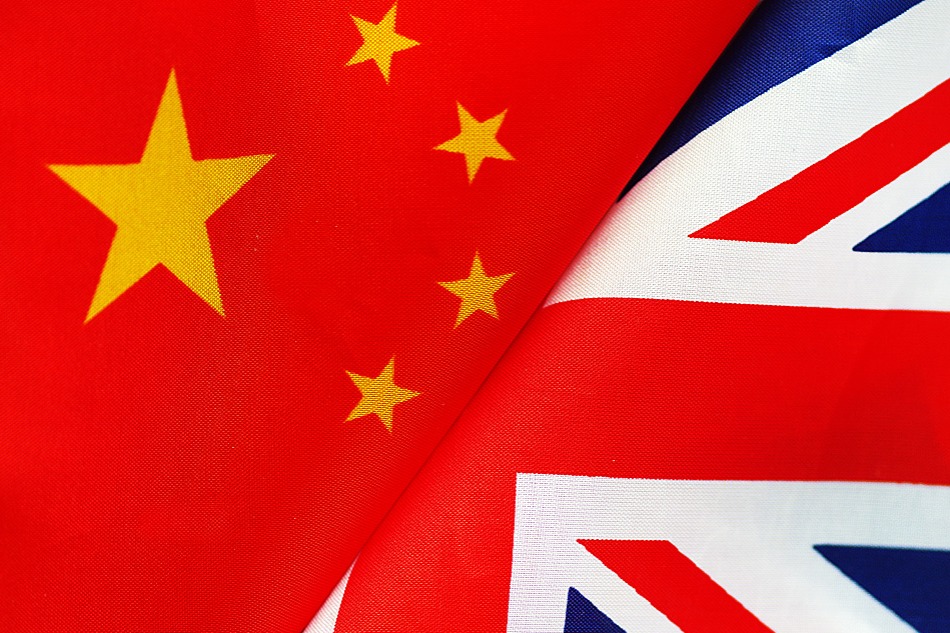Visit will help brands expand matchmaking opportunities


Sebastien Lion, founder of Next Made In France, characterizes President Xi Jinping's visit to France as vital for enhancing mutual understanding and strengthening bilateral relations.
He noted that this visit is especially crucial after the COVID-19 pandemic challenged the longstanding ties between the two countries across economic, cultural, educational, and touristic sectors.
Lion, whose company assists French cosmetics SMEs in finding Chinese distribution partners, emphasized the significance of a close relationship between the two countries, particularly for small brands seeking to expand into the Chinese market.
"If the context is not good enough, these brands may consider exploring export markets in Europe, the US, or other parts of the world, but not China. Therefore, the president's visit is not only useful but also serves as leverage for French businesses," he said.
Recognizing China's status as a global powerhouse, Lion stressed the importance of working with the country and understanding its market dynamics.
"China is the future for young French people, and we must collaborate with them to tap into their e-commerce markets and comprehend their business landscape," he noted.
Lion views Xi's visit as a pivotal opportunity for matchmaking between French brands and Chinese partners.
He suggested organizing Chinese supply-chain partner events in France to facilitate connections and subsequently encouraging French brands to explore the Chinese market. Lion believes that physical meetings are essential for building strong partnerships, as face-to-face interactions allow for a deeper understanding of the Chinese market dynamics.
Next Made In France specializes in helping brands enter the Chinese market through e-commerce and offline channels. Lion said that its mission extends beyond cross-border e-commerce to long-term development in China. He believes that brands must consider Asia, particularly China, not only as a territory but also as a customer base with global influence.
Lion also highlighted the increasing importance of the Chinese market for French brands, noting that Asian customers, including those from China, account for a significant portion of luxury and beauty product sales in France. Therefore, he said it is imperative for French brands to target and address this market.
While entering the Chinese market was once relatively straightforward for brands through cross-border e-commerce, Lion acknowledged that recent developments of social media have complicated this process. With game-changers like Douyin and TikTok and the need to trade products from the outset, he stressed that brands must invest in marketing and digital strategies.
Despite the evolving landscape, he maintains that cross-border e-commerce remains a valuable initial testing ground for brands considering the Chinese market.
Lion also emphasized the need for brands to adapt to Chinese preferences and cultural nuances, which may differ from those of Western markets.
In May, Lion will lead an immersion mission with five French cosmetic brands at the China Beauty Expo in Shanghai. The China Beauty Expo is a major cosmetic fair in the Chinese market, the second-largest export market for French cosmetic products in 2023, worth 1.9 billion euros ($2.03 billion), according to Lion.
Since the beginning of 2024, he said Chinese companies have signed ambitious distribution agreements over three or five years with French brands of cosmetics, perfumes or dietary supplements that are beginning their development in China.

































